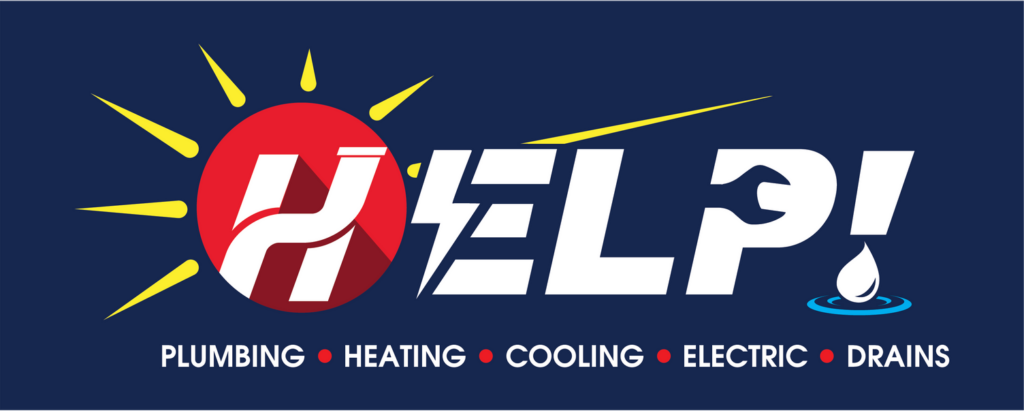Have you ever noticed how some water tastes different than others? Or that when you’re on vacation your hair seems to react differently to being washed even though you’re using the same exact products? Maybe your glasses never seem to regain that crystal-like clarity they once had no matter how many times you put them through the dishwasher.
You likely live in an area with hard water. In fact, most areas of the United States have hard water to one degree or another. Hard water means the water is high in various minerals such as calcium and magnesium. While drinking hard water doesn’t generally have adverse side effects and can actually be beneficial, your home, possessions, and even your skin and hair can all be affected.
In this blog, we go over six of the most common indicators that you have hard water in your home.
1. Limescale on Faucets, Bathtubs, Sinks, and Water-Based Fixtures
If you’ve ever noticed residue on your chrome fixtures or porcelain bathroom features, you likely have hard water. The residue, known as limescale, can be found on a wide variety of surfaces that come in contact with your house’s water, including faucets, bathtubs, sinks, glass shower doors, and shower walls.
If left to build up, lime-scale can become increasingly difficult to get rid of. Additionally, this residue won’t just build up where it’s visible-your pipes also will have it.
2. Spotty and Rough Dishes
Hard water and soap don’t react well with each other. Soap doesn’t lather in hard water, meaning the soap sticks to anything you try to wash. Your glasses and dishes may look spotty and, due to the minerals in the water, feel rough to the touch if your dishwasher uses hard water.
3. Scratchy and Dull Clothes
Again, due to the fact that high-quality soaps don’t lather in hard water, cleaning your clothes is also difficult. The minerals and soap curds also dull the vibrant colors of fabrics and make them scratchy and uncomfortable. And because your clothes won’t wash completely, an unpleasant odor may develop in your apparel.
4. Flat and Dull Hair
Soap that doesn’t lather can also make your hair feel and look like it’s in terrible condition. The residue also makes styling your hair more difficult. And, if you color your hair, curl it, straighten it, or use any hair products, hard water makes your hair look less healthy and vibrant.
5. Irritated and Dry Skin
Additionally, the combination of hard water and soap curds clog up your pores, causing more frequent breakouts. If you have any skin conditions such as eczema, hard water irritates them and make the conditions more itchy and painful.
6. Reduced Water Flow
Due to lime-scale buildup in the pipes, you may even see reduced water flow in your home. If the water flow stays low for too long, your dishes or laundry may gather red or black stains because they can’t get properly cleaned. Eventually, the buildup leads to broken or clogged pipes, which requires replacement, and costs you a lot of money.
If you notice these indicators, talk to your plumber right away. You can also do research to see if your area typically has high levels of hard water. Your plumber will be able to clean up your pipes and can even install water softeners to filter out the high levels of calcium and magnesium in the water.
You and your family shouldn’t suffer from hard water any longer. Get in touch with the professionals at HELP Plumbing, Heating, Cooling and Drains. We’ll do everything we can to soften your home’s water and help you with any future plumbing issues.


